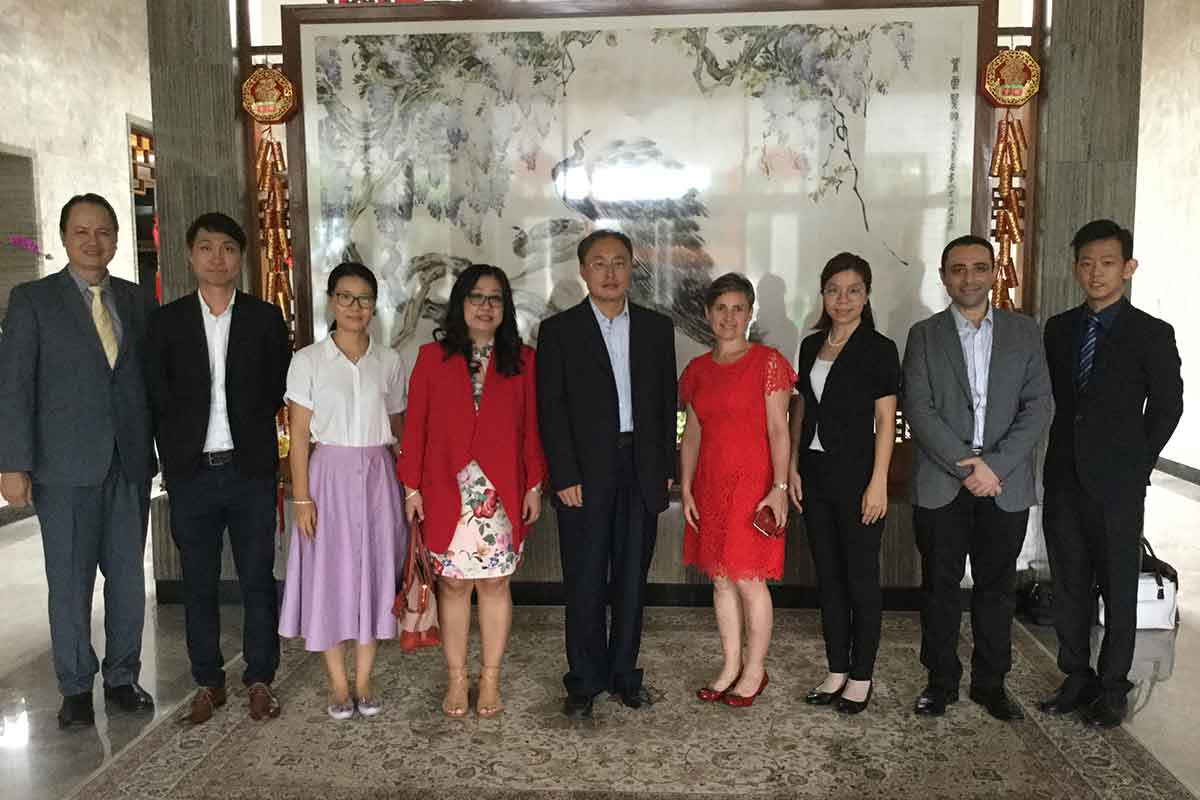The Belt and Road Initiative (BRI) was presented by Chinese President Xi Jinping in 2013. The initiative features a connectivity of systems and mechanisms, which aim to construct a unified large market and make full use of both, international and domestic markets through exchange and integration. The BRI also aims to enhance mutual understanding and trust among member nations along the route, culminating in an innovative pattern of capital inflows, talent and technology pools.
Most people believe the BRI is mainly about investment from China to member nations particularly for infrastructure. The initiative also includes support for research activities between China and countries along the Belt and Road route. In Malaysia, a considerable number of universities have been involved in such collaborations. For example, there are about 20 universities, which have provided BRI research topics for master projects. In 2018, China Intercontinental Center, Global China Center, Chinalinks, NIIT Academy, Yaojie Group and StudyGoChina held a Belt and Road International University Exchange Conference and researchers from 10 Chinese universities participated.
Recently, experts and scholars from the University of Nottingham Malaysia, Crops For the Future (CFF), Monash University Malaysia, Xiamen University, Newcastle University in Singapore and Harbin Institute of Technology (China) set up the Belt and Road Intelligence Research Exchange Institute. They were invited to visit the Embassy of the People’s Republic of China in Malaysia in February, and received information on how to apply for BRI related funding. Cao Jian Ru and Wang Shuang, officials from the Embassy expressed the Chinese government’s full support for such collaborations.
According to the Chinese government's 2018 plan, there will a special BRI program for scientific and technological exchange between China and BRI member nations. The Chinese government hopes that within three to five years, the number of exchange researchers should reach more than 150,000 and the number of foreign young scientists invited to work in China should be more than 5,000. It also aims to have broad consensus with countries along the Belt and Road route to deepen scientific and technological cooperation and innovation-driven development.
In fact, the implementation of such cooperative plans with key countries already started in 2017 and some countries have already signed memorandums of cooperation or agreements. Another focus of this plan will be the establishment of an International Science and Technology Collaboration Platform, which will provide funding support for knowledge exchange, a joint research lab, technology transfer and Technology Park collaboration. The plan also encourages Chinese enterprises to set up a number of research and development (R&D) centres overseas and to conduct research collaboration/projects with countries along the route.
Malaysian universities should seize this opportunity and go beyond short-term activities, such as research visits, academic conferences or forums. They should focus more on long term research exchanges and cooperation with universities or enterprises in China, and actively participate in submitting joint research funding proposals for various research themes. On the other hand, they should also find a way to have more effective communications with Chinese enterprises in order to build joint research and development centres, which will also benefit the development of Malaysian universities and solve the dilemma that scientific research cannot be carried out due to insufficient funding.
Malaysia’s prime minister, Dr Mahathir Mohamad will attend the second Belt and Road Summit, in Beijing which will be held in April this year. It is hoped that he could pass on to the Chinese government the desire of Malaysia’s universities and research organisations to accelerate the research collaboration process between China and Malaysia.
With the Chinese government already providing the opportunity to all member nations along the Belt and Road route, it is now the time for Malaysia through its relevant ministries, universities and research organisations to take a more active approach to the BRI. This would result in a new and promising opportunity for mutually beneficial research cooperation and win-win development for China and Malaysia.
Dr Chen ZhiYuan is Director of the Belt and Road Intelligence Research Exchange Institute, University of Nottingham Malaysia.
